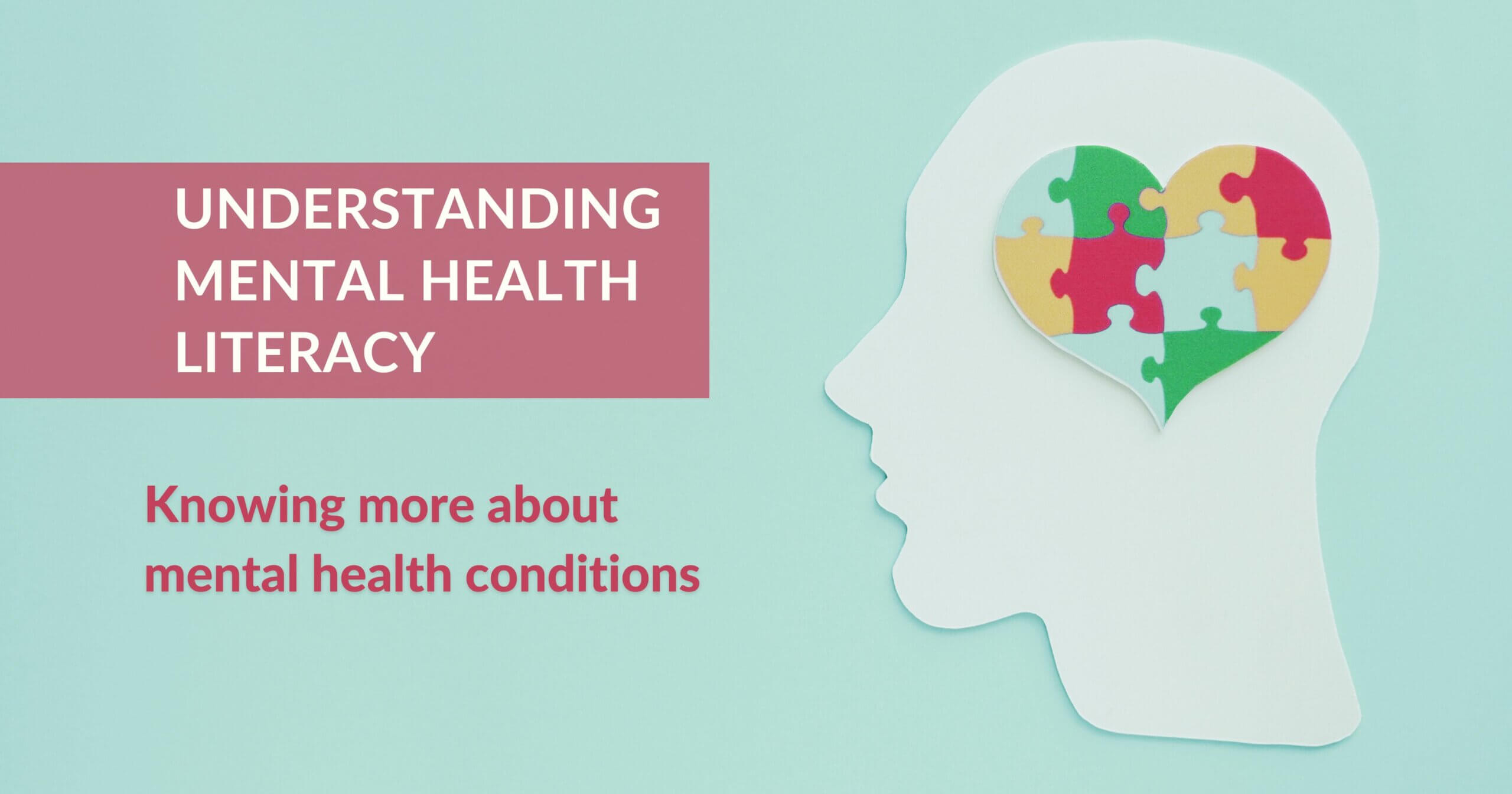Mental Health Literacy Education: A Path To Better Wellbeing

Table of Contents
Understanding Mental Health Conditions
Mental health is a crucial aspect of overall wellbeing, encompassing our emotional, psychological, and social well-being. Unlike physical health, which focuses on the body, mental health concerns our thoughts, feelings, and behaviors. Many experience common mental health conditions like anxiety, depression, and PTSD, often without fully understanding their nature.
- Anxiety Disorders: These conditions involve excessive fear and worry, significantly impacting daily life. Symptoms can include persistent nervousness, difficulty concentrating, sleep disturbances, and physical symptoms like rapid heartbeat.
- Depression: Characterized by persistent sadness, loss of interest, and changes in appetite or sleep, depression significantly impairs daily functioning. Early intervention is vital for effective treatment.
- Post-Traumatic Stress Disorder (PTSD): This develops after experiencing or witnessing a traumatic event. Symptoms include flashbacks, nightmares, avoidance of reminders, and emotional numbness. Therapy, such as Cognitive Behavioral Therapy (CBT) and Eye Movement Desensitization and Reprocessing (EMDR), are effective treatment options.
For further information on specific conditions, explore resources like the National Institute of Mental Health (NIMH) and the National Alliance on Mental Illness (NAMI).
Recognizing the Signs and Symptoms
Early identification of mental health issues is crucial for timely intervention and improved outcomes. While occasional sadness or anxiety is normal, persistent symptoms or significant disruptions to daily life may indicate a mental health disorder.
- Symptom Checklist: A persistent feeling of sadness or hopelessness, significant changes in sleep patterns, loss of interest in activities, irritability, difficulty concentrating, and changes in appetite or weight can all be warning signs.
- Distinguishing Normal from Abnormal: It's essential to differentiate between normal emotional responses to stress and persistent, debilitating symptoms that disrupt daily functioning. If symptoms interfere with work, relationships, or daily activities, it's crucial to seek professional help.
- Self-Awareness and Seeking Help: Regularly check in with your own mental wellbeing. Pay attention to changes in your mood, sleep, appetite, and energy levels. Don't hesitate to seek professional help if you're concerned about your mental health.
Taking proactive steps, like keeping a mood journal, can help you monitor your mental wellbeing and identify potential issues early on.
Effective Help-Seeking Strategies
Many effective avenues exist for seeking help for mental health concerns. Overcoming stigma is crucial for accessing these resources.
- Mental Health Professionals: Therapists, counselors, psychiatrists, and psychologists offer various treatment options tailored to individual needs.
- Support Groups: Connecting with others facing similar challenges can provide invaluable support and understanding.
- Helplines and Crisis Services: These services offer immediate support during times of crisis. They can provide guidance and connect individuals with appropriate resources.
Reliable online resources, such as Psychology Today and GoodTherapy, can help you find mental health professionals in your area. Different therapies, including CBT, Dialectical Behavior Therapy (DBT), and psychodynamic therapy, offer various approaches to address mental health concerns. Building a strong support network of friends, family, or community members can greatly enhance mental wellbeing. Seeking help early improves the chances of a positive outcome.
Promoting Mental Wellbeing through Lifestyle Choices
Lifestyle choices significantly impact mental health. Prioritizing healthy habits fosters resilience and overall wellbeing.
- Nutrition: A balanced diet provides the essential nutrients for brain function and mood regulation.
- Exercise: Regular physical activity releases endorphins, reducing stress and improving mood.
- Sleep: Adequate sleep is vital for cognitive function, emotional regulation, and overall mental wellbeing. Establishing good sleep hygiene is crucial.
- Stress Management: Techniques like mindfulness, meditation, yoga, and deep breathing can help manage stress effectively.
Incorporating these lifestyle changes can significantly contribute to improved mental health and overall wellbeing. Prioritizing self-care is an essential component of mental health literacy.
Conclusion
Investing in your mental health literacy education is an investment in your overall wellbeing. This article highlighted the importance of understanding mental health conditions, recognizing symptoms, seeking help promptly, and practicing self-care. By improving your understanding of mental health, you can better support yourself and others. Share this article and help spread awareness. Let's work together to create a more supportive and understanding community for everyone. Continue your mental health literacy journey by exploring additional resources and engaging in self-care practices. Take the first step towards better wellbeing today!

Featured Posts
-
 Reporting Storm Damage Crucial For Assessing Saturdays Impact On Tulsa
May 03, 2025
Reporting Storm Damage Crucial For Assessing Saturdays Impact On Tulsa
May 03, 2025 -
 Is That Really Christina Aguilera New Pictures Fuel Photoshopping Debate
May 03, 2025
Is That Really Christina Aguilera New Pictures Fuel Photoshopping Debate
May 03, 2025 -
 Berikut Hasil Kunjungan Presiden Erdogan Ke Indonesia 13 Kerjasama Baru Terjalin
May 03, 2025
Berikut Hasil Kunjungan Presiden Erdogan Ke Indonesia 13 Kerjasama Baru Terjalin
May 03, 2025 -
 L Intimite Du Couple Macron Des Revelations Apres Des Annees De Vie Commune
May 03, 2025
L Intimite Du Couple Macron Des Revelations Apres Des Annees De Vie Commune
May 03, 2025 -
 Joe Biden And The Economy An In Depth Look At The Current Slowdown
May 03, 2025
Joe Biden And The Economy An In Depth Look At The Current Slowdown
May 03, 2025
